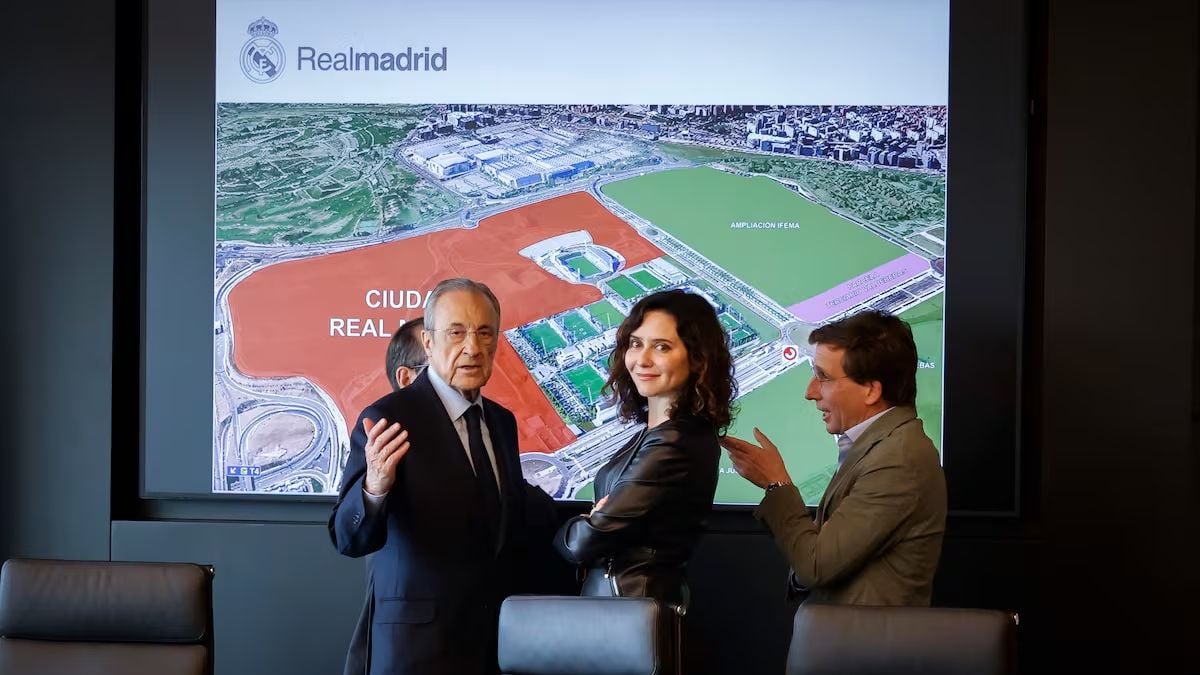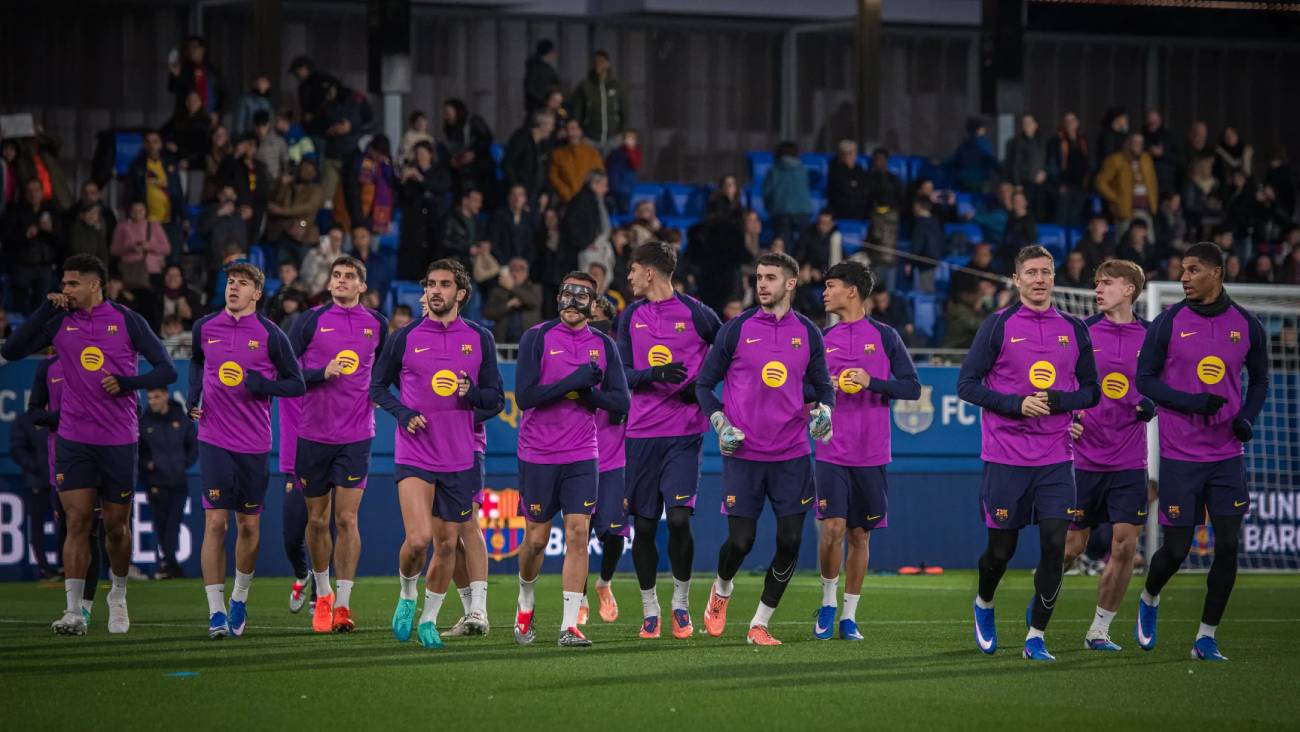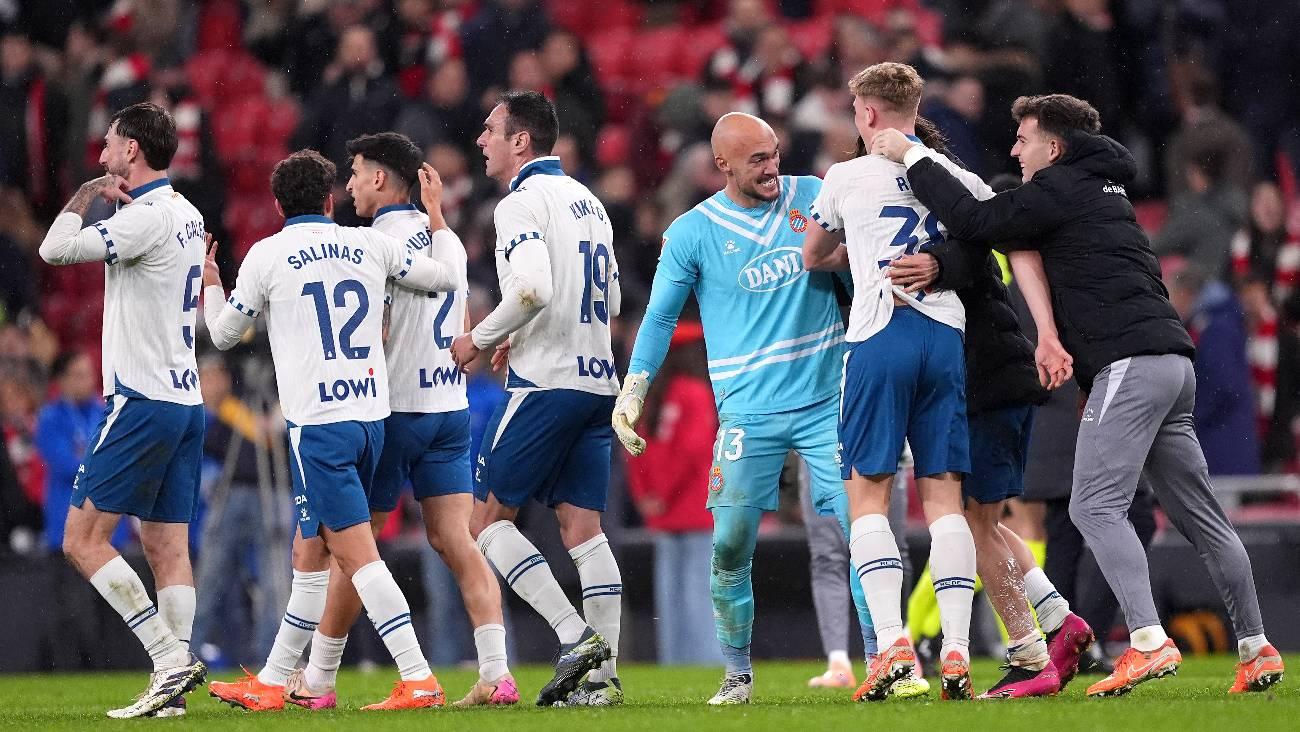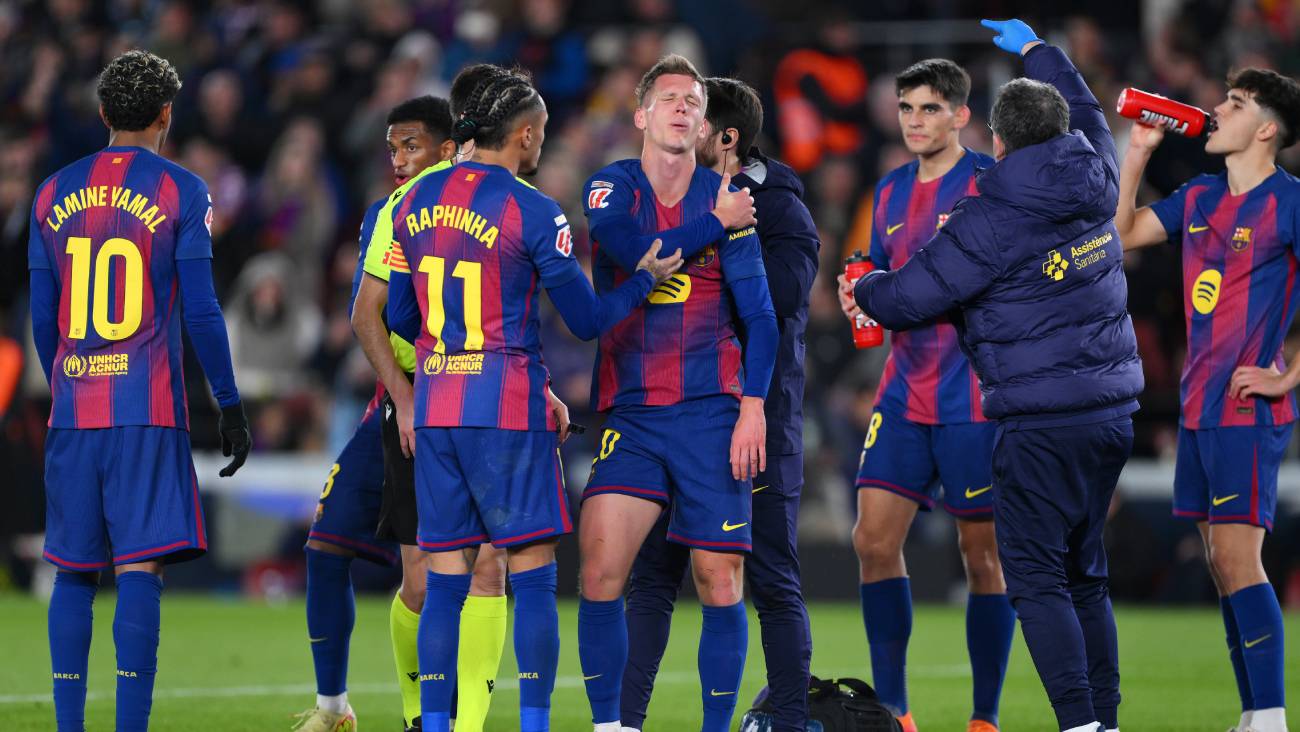
opinion column
Windfall 4.0? When urban planning wears white and silence is deafening
Published New:23/05/2025 - 01:28h
Updated New:23/05/2025 - 13:55h
Real Madrid is planning its innovation district on rezoned land in Valdebebas. Javier Tebas' silence, institutional complicity, and the suspicion of a possible new real estate "windfall" reopen the eternal debate: what if Barça had done this?
There are silences that are not accidental, but choreographed. Silences that are not due to forgetfulness, but to an almost perfect tuning of institutional cynicism. Like that of Javier Tebas, president of LaLiga, who, faced with the rezoning of Real Madrid's land to build the brand new Madrid Innovation District, has chosen to remain silent, look at the ceiling... or perhaps another box.
"If this had happened at Can Barça, we would already be talking about "illegal levers", "bread for today and bankruptcy for tomorrow", "opaque operations" and "risk to the sustainability of football"
But since it is Real Madrid —that club to which land laws are as favorable as VAR in a Clásico—, everything is reduced to a commitment to innovation. Real estate windfalls are no longer made: now technological hubs are promoted. What an elegant way to speculate.
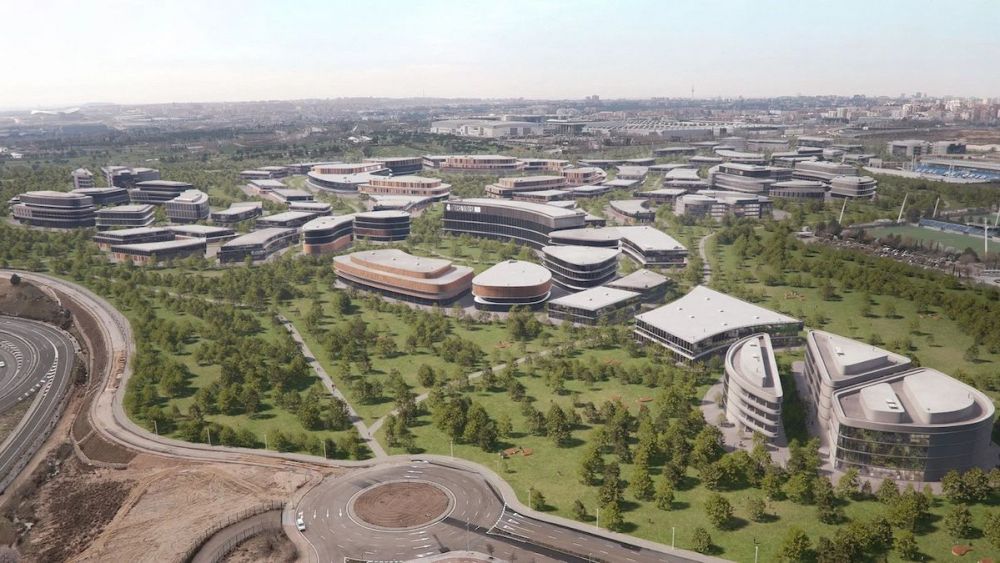
The Madrid City Council, with the satisfied smile of selective urban planning, has decided to rezone 850,000 square meters from sports use to tertiary, that is: from training ground to golden opportunity.
The project, presented by Florentino Pérez in the company of Almeida and Ayuso, comes wrapped in words of silk: innovation, digitalization, entrepreneurship. And yes, also capital gains, but those are not mentioned, lest some voter wake up.
🏗️ From Four Towers to Four Truths
Let's not forget that Real Madrid has done this before. In 2001, it sold its old sports city after a similar rezoning and, oh coincidence, the Four Towers, a symbol of the capital's verticality and how sport can be an excellent excuse for elite real estate operations, stand there today.
That move generated millionaire resources with which the club moved to Valdebebas and built its current sports city. And now, as one unfolds an inevitable sequel, the script is repeated: another rezoning, another real estate operation, another institutional blessing.
The difference is that this time it comes varnished with a futuristic story. Madrid Innovation District: it sounds like Silicon Valley, but it smells like Castellana.
🤫 LaLiga's selective mutism
This is where Javier Tebas comes in (or should come in). The man who has been denouncing the economic situation of FC Barcelona for years, who audits every euro that enters or leaves the Camp Nou, now keeps a clamorous silence.
Where is that accounting vehemence that makes him a spontaneous auditor of Barça? Where are the graphs, the press conferences, the threats of sanctions?
Madrid can transform sports land into tertiary business, obtain astronomical capital gains and channel everything as a service to the common good... and the League not only does not object: it is silent, consents and smiles. In other disciplines this is called a double standard, but in Spanish football it is known as institutional normality.
🗣️ What if Barça did this?
Let's imagine —just for a second— that Joan Laporta announced an innovation center in Les Corts, on rezoned sports land, with the Generalitat by his side and a press release saying that Barça contributes "a unique space of high potential".
What would happen? Exactly: poisoned headlines, suspicions of favoritism, lawsuits from the Meseta. But when Madrid does it, everything is transformed into a step towards the future.
Rita Maestre (Más Madrid) and Antonio Giraldo (PSOE) have been among the few to raise their voices. They have clearly described what is obvious to many: is a large owner with a name, shield and stadium being benefited?
And the link with sport? As forced as a stationary bicycle in the middle of a data center.
🧩 Conclusion: Innovation yes, but with the same rules
It is not about being against hubs, innovation or urban progress. It is about playing by the same rules. Because while some are required to tighten their belts, others are given the belt... and also the keys to someone else's pants.
Madrid will have its Innovation District, yes. But the most brilliant innovation is not built with opaque reclassifications, but with transparency, equity and memory. Because no matter how much they call it the future, this has an unmistakable taste of the past.
